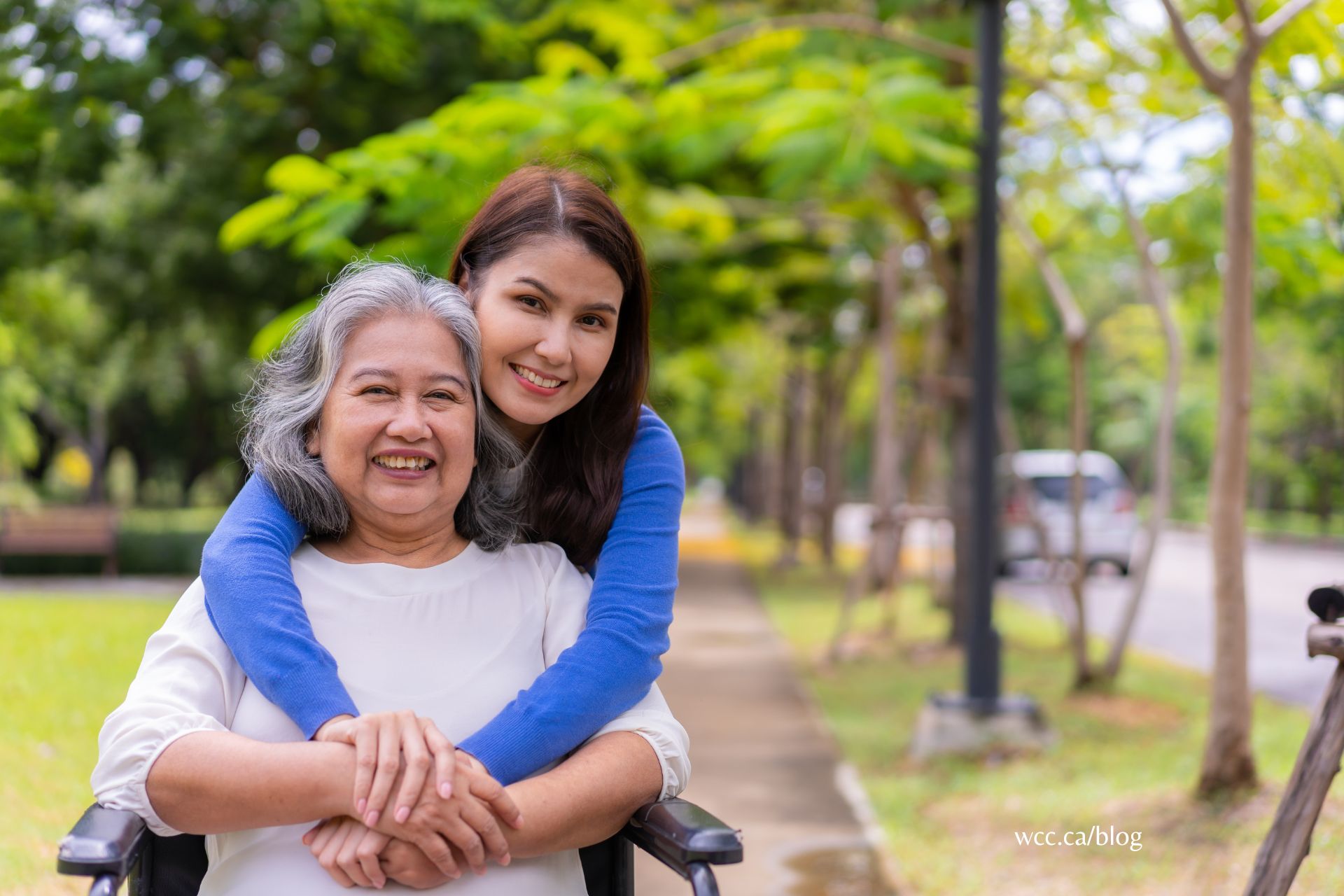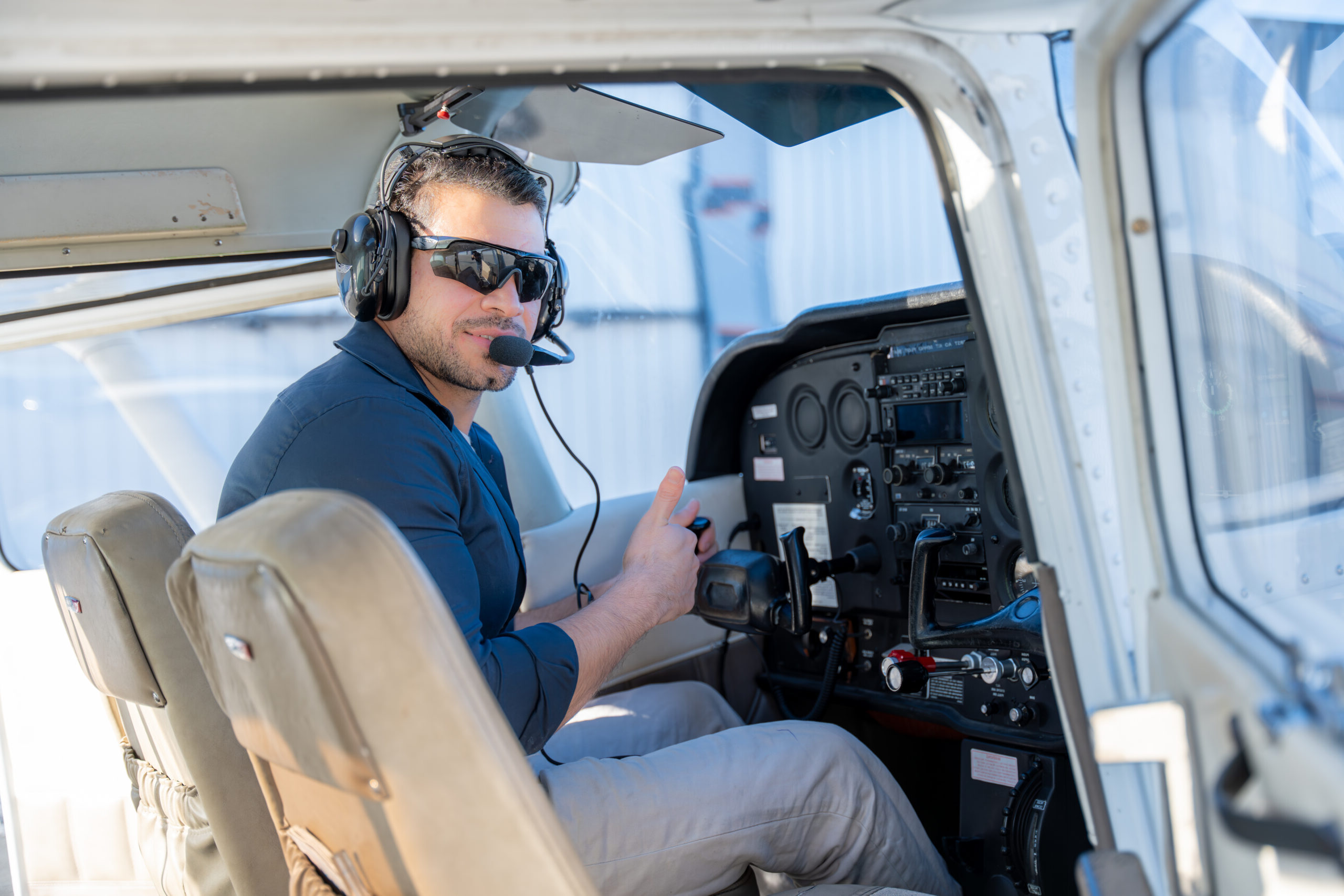Assisting an elderly relative or a stranger may be a very common part of life for many, which, oftentimes, is mistaken as “caretaker” or “caregiver” act of service. However, as easy as being a caretaker seems, not every person possesses sufficient knowledge about this complex role.
In fact, while these two terms seem interchangeable, they have different sets of roles and responsibilities which makes them both distinct from one another.
Therefore, to clarify this confusion, this article will answer your question, “What is the difference between a caretaker and a caregiver?”
So, let’s get started by first discussing a caretaker and caregiver’s responsibilities.
Who is a Caregiver?
A caregiver is a person who provides not just emotional support but also physical and psychological comfort to the clients dealing with disabilities, old age crisis or other related illness.
Since the population of Canada is increasing, so does the demand and need for caregivers. It is estimated that there are over 8 million caregivers in Canada who work purely for the sake of humanity without charging a penny.
This one quality of caregivers makes them distinct from the caretakers, who charge for the service they provide to the clients.
In addition to this, a caregiver may not necessarily be a human assigned to do a task by a certain organization. In fact, a caregiver could be anyone, even a family member looking after an elderly person.
However, a person who specifically needs a caregiver may not find the ease in asking for help from someone in the family, especially when their demands are complex. Therefore, the need for a caregiver remains constant.
What Do Caregivers Do?
Caregivers’ roles and responsibilities include:
- Assisting clients with their daily routine needs such as grooming, bathing, brushing, walking etc.
- House management tasks such as doing groceries, making a meal, housekeeping and other home chores.
- Administering medicines, booking appointment with the doctor, reviewing prescriptions
- Maintaining an empathetic behavior and role of a companion at all times in order to make the client feel safe and less lonely
- Regularly monitor client’s health and immediately contact the physician in case of concern
- Respect client’s privacy and autonomy. This includes not interfering in their personal decisions unless asked
- Manage paperwork
Who is a Caretaker?
A caretaker is a person who provides physical support to people who find mobility challenging. These include paid short-term assistance to clients to get their daily tasks done such as bathing, walking, feeding, home chores etc.
Now, you might be wondering, “Aren’t these the same duties as a caregiver?” Well, in simple terms, the answer is yes!
A caretaker’s roles and responsibilities are exactly like a caregiver; however, unlike a caregiver, who performs their duties out of human welfare and compassion, the caretakers expect a fee for their efforts.
What Does a Caretaker Do?
Some common examples of caretaker responsibilities include:
- Bathing, grooming, dressing and feeding the client
- Monitoring the client’s health status
- Scheduling appointments with the doctor
- House chores such as home cleaning, preparing meals or buying groceries
- Administering medicines and reviewing the prescription
- Take decisions on behalf of the client if asked
Key Difference between Caretaker and Caregiver:
Caregiver versus Caretaker:
| CAREGIVER | CARETAKER |
| Their aim is to care for disabled persons or those suffering from any chronic illness | Their aim is to provide safety and comfort to the client |
| They do not have the authority to make decisions for the patient | If the client is unable to make decisions, then caretakers can make decisions on their behalf in compliance with the law. |
| Long-term assistance | Short-term assistance |
| They build emotional connection with the person | More task oriented and less focused on building emotional connection |
| They do not charge for their service | They charge for the services |
Caregiver Alternatives:
If a caregiver is unavailable, then a few alternatives that you might want to consider include the following:
- Private Caregiver: This type of caregiver has prior experience in caregiving service as well as medical care who look after the individuals in need of physical, emotional or psychological help.
- Independent Caregiver: This type of caregiver is usually called by members of a family rather than an agency. Usually, they have family terms or blood relations with the caregiver.
- Volunteer Caregiver: As the name suggests, this type of caregiver is employed temporarily for a patient going through a chronic illness or someone who feels the dire need for companionship.
- Alternative Caregiver: This type of caregiver is a person who looks after both; the elderly as well as the children with special needs or babysit them for an allotted time period.
How Do You Know You Have Crossed Over From Caregiving to Caretaking?
Since you are well aware now that caregivers provide assistance to clients out of compassion and human welfare rather than to earn money, it is quite possible that they get attached with the person who they are looking after. In such cases, a caretaker is needed in order to set boundaries while having firm control on their emotions.
The signs and indicators that suggest a transition from caregiving to caretaking include:
- Expressing anger and severe resentment towards the care recipient
- Failure to acknowledge and respect the client’s ability to look after them own selves
- Constantly seeking appreciation by the client and their family members as a result of your efforts
- You think more about the problem rather than focusing on finding the solution
- You might not realize but you are reducing the client’s self-confidence by taking control of their issues rather than empowering.
- You get so involved in the care recipient that you forget to look after yourself resulting in stress and poor health.
Conclusion:
In conclusion, understanding the difference between caregiving and caretaking is highly crucial. This is because, since the population is aging, more people need a caregiver or a caretaker either as a job or to look after a certain person.
By clearly understanding the various differences between the two, such as who charges a fee and who assists in empathy and compassion, it will be easier to make a choice. In addition to this, if you are seeking a person who has clear boundaries set and temporarily assists an individual then it is advisable to opt for a caretaker however if the role is less complex and there are no privacy issues, then a caretaker can be chosen.
I hope this article helped in differentiating caretaker from caregiver and provided clear understanding of roles of caretaker and caregiver. For further queries, feel free to reach us out!
Frequently Asked Questions:
Is the term “caretaker” interchangeable with “caregiver”?
No, the two terms “caretaker” and “caregiver” are incorrectly interchanged by people. They have major differences which makes them distinct from one another.
What distinct roles do caretakers and caregivers play?
Caregivers look after the care recipient out of compassion and therapy for a long time period whereas a caretaker temporarily assists the person and gets a fee in return for their efforts.
Are there specific responsibilities that differentiate a caretaker from a caregiver?
Yes, a caregiver is more like a companion and builds emotional connection with the person they are responsible for looking after whereas a caretaker is more task oriented working with an aim to get money in return.
In what contexts is the term “caretaker” used, and how does it differ from “caregiver”?
The term ‘caretaker’ is used when a person needs an individual to look after them for a short term and provide physical assistance to them for which they pay in return. Whereas, a caregiver could be anyone, even a family member, who looks after a disabled or elderly person out of empathy or for the sake of blood relation with the care recipient.
Can someone be both a caretaker and a caregiver simultaneously?
A person can be both, a caregiver and a caretaker especially in a scenario where the care recipient is someone from his/her family. However, balancing the two roles may be a daunting task.



